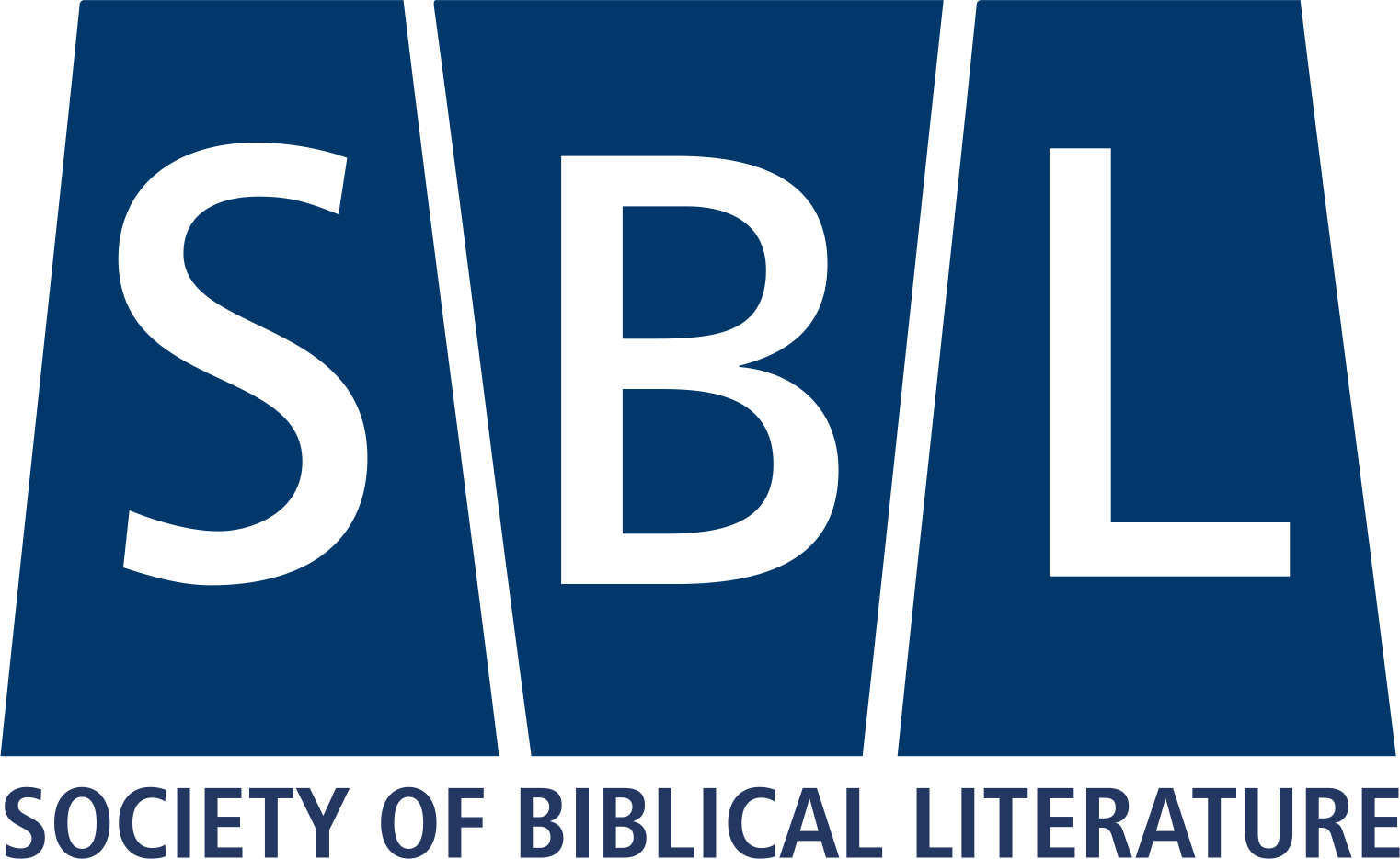$42.00
Sure to provoke discussion and debate as it offers a unique approach to some old and perplexing issues in the history of ancient Israel and its religion, Cook’s study is a bold new proposal for synthesizing the social history of Israel’s religious traditions. Among the many “Yahwisms” coexisting in ancient Israel was an initially small minority stream of theological tradition composed of geographically and socially diverse groups in northern and southern Israel. These groups shared a religious commitment to a covenantal, village-based, land-oriented Yahwism that arose before the emergence of Israelite kingship. It eventually rose to dominance, and its theology provided robust resources for dealing with the Babylonian exile. It thus came to occupy a prominent place in the present canon of the Hebrew Bible. Cook combines detailed study of biblical texts with a carefully constructed social-scientific method and body of data to argue for the early origins of biblical Yahwism. This book is written to be accessible to lay readers and also of significant interest to Hebrew Bible students and specialists.
“In his reconstruction of Hosea’s and Micah’s role in village-oriented Yahwism, Cook provides a stellar example of how social-scientific methods can be fruitfully joined with historical-literary criticism.”
—Interpretation
Stephen L. Cook, Associate Professor of Old Testament at Virginia Theological Seminary, has previously authored The Apocalyptic Literature (2003) and Prophecy and Apocalypticism: The Postexilic Social Setting (1995). He is also co-editor (with Corrine L. Patton) of
